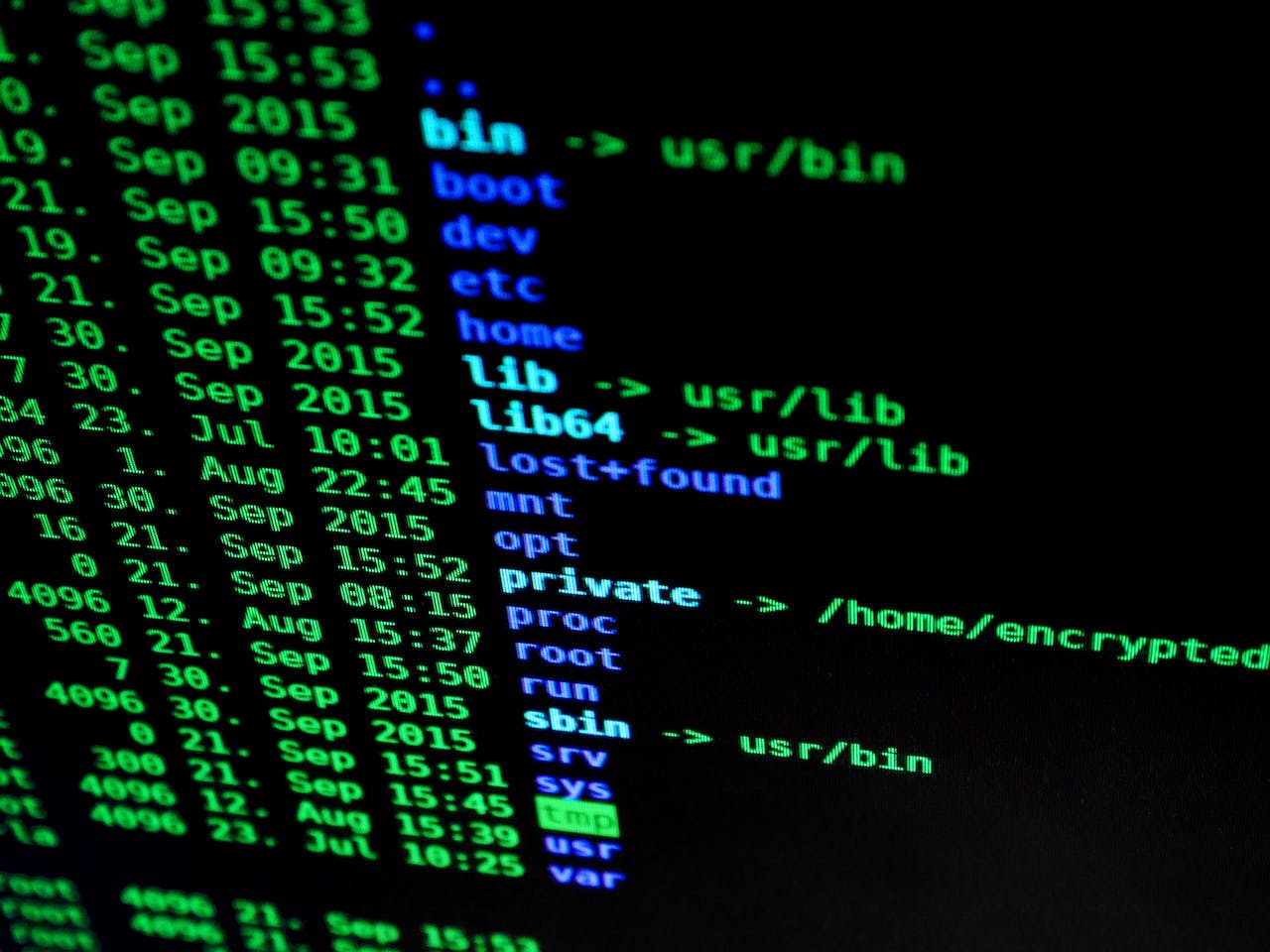Last update at :2024-05-04,Edit by888u
60% of small and medium-sized enterprises have business interruption due to website vulnerabilities
In the Website Security and Threat Report, Sectigo surveyed more than 1,100 webmasters of small and medium-sized businesses and found that many businesses do not believe they are vulnerable to hackers, with 48% of respondents saying their Businesses that are too small will not be targeted.
Among the respondents from small and medium-sized enterprises who have experienced data breaches, only 4% claimed that the data breach had little impact on their business; more than 54% of the respondents believed that cyber attacks have caused very serious damage to the enterprise. Consequences - 60% of these businesses experienced website outages, and more than a third suffered revenue losses.
(2021 Sectigo Website Security and Threat Report)
As you can see from the chart above, website violations have the greatest impact on website business, time/employee productivity, and customer credibility.
Malware scanning and remediation, firewalls, and website backup tools are the most common protection measures SMBs use to protect their websites, but these methods are no longer effective against hackers. In this regard, Michael Fowler, a partner at Sectigo, said: "As more and more SMBs invest in digital operations, their websites become the key to communicating with customers and conducting business. Cyber attacks continue to expand, hackers are becoming more and more sophisticated, and China Small businesses are forced to come up with more effective solutions to address ever-changing cyber threats."
So, what measures should companies take to resist hacker attacks and prevent unnecessary financial losses? In fact, the most effective way is to deploySSLcertificate on the website!
SSL is short for Secure Socket Layer, a security protocol that secures connections to websites. Use SSLcertificate to add a security lock to the website to ensure that the end user's connection to the website is encrypted, protecting private data from hacker attacks and preventing data leakage.
(Example of deploying SSL certificate to implement HTTPS encryption)
How to obtain an SSL certificate
Before obtaining an SSL certificate for your website, first make sure you purchase the appropriate SSL certificate. The most effective way to purchase certificates is to choose based on your personal needs. Here are some suggestions for you from Ruicheng Information:
- Clear the size, website type, number of domain names, and number of subdomain names of your personal or corporate website.
- Choose the appropriate SSL certificate based on the certificate type.
- The purchased certificate must be an SSL certificate verified by the CA. Therefore, it is particularly important to choose a legitimate SSL certificate service provider before purchasing the certificate.
- Generate a CSR on your server (you can also choose to generate a CSR on the digital certificate service provider platform)
- Submit the generated CSR to the certificate authority to verify the domain name.
- Follow the steps to download and install the certificate. The steps to install SSL certificates vary from server to server. Please consult customer service for details.
Enterprises, regardless of their size, should pay attention to website security, especially small and medium-sized enterprises, which may pay a heavy price if they are attacked by hackers. Therefore, all major enterprises need to take precautions, do a good job in website security protection in advance, and deploy SSL certificates. Add a security umbrella to your website.
Recommended site search: foreign domain name application, website registration price, domain name registration website, shopex virtual host, vps server rental, domain name registration, domain name information, free server, how to register domain name, Ministry of Industry and Information Technology registration website,








发表评论